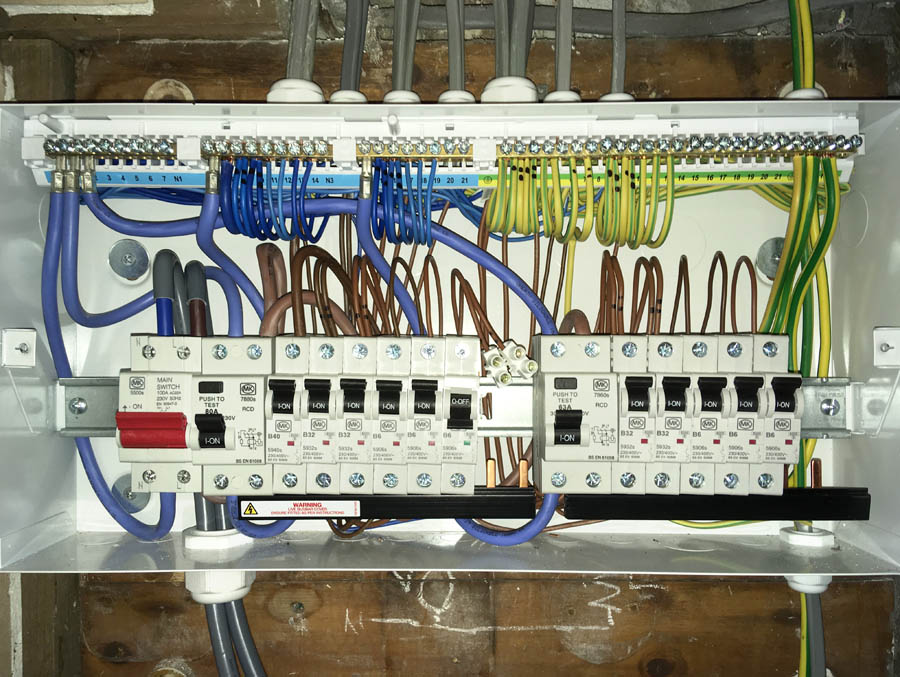Welcome to the heart of every modern household: the electrical system. In today’s digital age, where our lives are intertwined with various gadgets and appliances, a robust Domestic Electrical Installation is paramount. Whether you’re building a new home or renovating an existing one, understanding the essentials of domestic electrical installation is crucial for both safety and efficiency. This blog will serve as your comprehensive guide, offering insights into the basics, safety measures, and tips for a seamless electrical setup in your home.
Understanding the Basics
Electrical Components: Familiarize yourself with the fundamental components of a domestic electrical system. This includes circuit breakers, outlets, switches, wires, and grounding systems. Understanding their functions is the first step towards a successful installation.
Planning the Layout: Careful planning is the cornerstone of a well-functioning electrical system. Determine the placement of outlets, switches, and lighting fixtures to accommodate your lifestyle and the layout of your home. Proper planning can prevent the hassle of rewiring in the future.
Safety First
Compliance with Regulations: Electrical installations must comply with local and national regulations. Stay updated with the latest codes and standards to ensure your installation is safe and legal. Hiring a licensed electrician can guarantee compliance with these regulations.
Grounding and Earthing: Grounding is vital to safeguard your home against electrical faults. Ensure proper grounding and earthing systems are in place to prevent electrical shocks and fires.
Overload Protection: Avoid overloading circuits by distributing the load evenly across different circuits. Circuit breakers and fuses are designed to protect your home from electrical overloads. Understanding their ratings and replacing faulty ones promptly is crucial.
Installation Tips
Quality of Materials: Invest in high-quality electrical materials and appliances. Cheap, substandard products might save money initially, but they can lead to frequent issues and compromise your safety in the long run.
Proper Wiring: Use the correct type and gauge of wires for different circuits. Undersized wires can overheat, leading to electrical fires. Proper insulation and secure connections are equally important.
Regular Inspections: Conduct regular inspections of your electrical system. Look out for signs like flickering lights, buzzing outlets, or tripping breakers, which may indicate underlying issues. Addressing these problems promptly can prevent major electrical failures.



